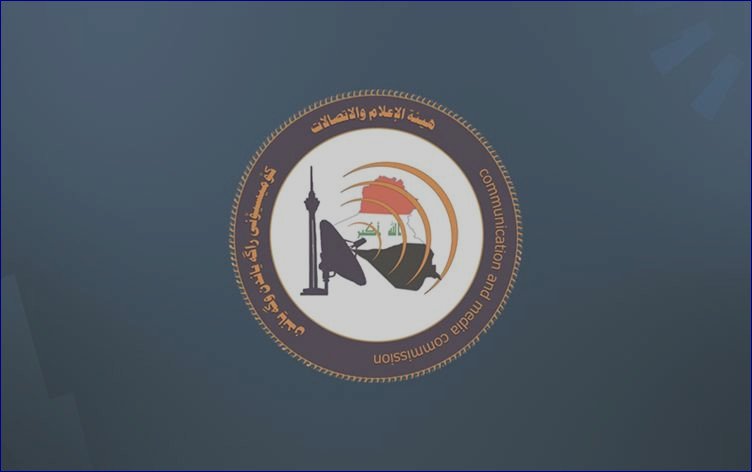In a decision resonating across the tumultuous landscape of Iraqi media, the Communications and Media Commission (CMC) executed a ban on two prominent figures: political commentator Entifadh Qanbar and Sunni politician Thair al-Bayati. This sweeping action came to light on a recent Sunday, under the ominous claims of “inciting violence” and an alleged flouting of Iraq’s broadcast regulations.
Qanbar, a former politician and the head of the US-based Future Foundation in Washington, found himself in the crosshairs for supposedly fomenting “violence and hate,” a move deemed a violation of the essential tenets of “accuracy, integrity, and transparency in the conveyance of information,” as articulated by the CMC. The commission’s statement further accuses Qanbar of transgressing the criminalization laws against normalizing relations with what they term the “Zionist entity,” alluding to his purported advocacy for Israel’s policies.
In response, Qanbar took to social media platform X, expressing bewilderment at the timing of the ban. He suggested that his piercing critiques of Iran-backed militias, coinciding with his vocal support for US presidential hopeful Donald Trump, may have incited anger from the Iranian Islamic Revolutionary Guard Corps (IRGC). “I’ve long been a critic of Iranian influences and their proxies in Iraq, yet why has this action emerged now?” he pondered aloud. “My support for Trump has evidently ruffled feathers in Tehran.”
Adjacent to this incident, al-Bayati, leader of the Iraq Rescue Front for Freedom and Peace, received a similar fate. He accused the CMC of a targeted offensive aimed at silencing his advocacy for the Sunni community, suggesting that the government equates legitimate calls for constitutional adherence with “inciting violence and hatred.” His statements on the social media platform reflected a defiant stance against what he perceives as an oppressive regulatory regime.
The CMC’s crackdown on dissent isn’t an isolated case; earlier, political analyst Bashir al-Hujaimi endured a six-month ban for allegedly proposing media content that transgressed established broadcasting standards. His infraction? A controversial assertion regarding the prevalence of homosexuality within Najaf, a revered locale within Shiite Islam. In his defense, Hujaimi asserted, “I am a proud son of Najaf. My words were not a critique of this holy city but a mere articulation of truth.”
Amidst these escalating tensions, a stark reality emerges: Iraq languishes at an alarming 169th in press freedom out of 180 global rankings, according to the Paris-based watchdog, Reporters Without Borders (RSF). The organization underscores a grim nexus between media outlets and political factions that manipulate editorial directions. While Iraq’s constitution ostensibly champions press freedoms, it’s marred by conflicting laws that undermine these very ideals.

